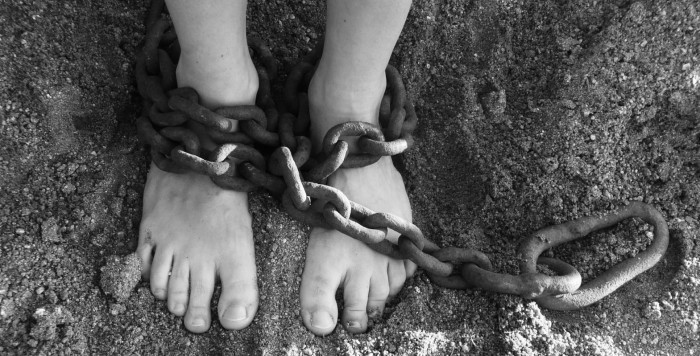Some of the most important laws and institutions whose improvement could contribute to a more efficient fight against human trafficking are analysed in the practical policy proposal prepared by ASTRA.
Traditional responses to the problem of trafficking in human beings in Serbia, as well as in Europe and in the world, have been focused, for years, on specific characteristics of trafficking in human beings for the purpose of sexual exploitation. Although labour exploitation, i.e. trafficking in human beings for the purpose of labour exploitation is far from being new and it was theoretically recognized by the very fact of being listed as one of the possible purposes of exploitation in all contemporary definitions of human trafficking, it started drawing larger attention only in the last few years.
Trafficking in human beings for the purpose of labour exploitation is a complex problem. One, but not the only reason for this lies in the very understanding of the problem, i.e. relates to the question when trafficking in human beings for the purpose of labour exploitation as the ultimate and the most extreme point on the continuum on which opposite side is decent labour begins: where is the line between labour exploitation and violation of labour rights, harassment at work and the like. The Palermo Protocol, which contains a generally accepted definition of human trafficking today refers to the ILO Convention no. 29 and its definition of forced labour, which can, but need not be the form of human trafficking. In the absence of clear and unambiguous guidelines, it is on governments to distinguish these two terms through their laws and practice, and work out the most adequate ways to tackle this issue through criminal, civil or some other legislation.
The Republic of Serbia is at the very beginning of this path. Although the cases of trafficking in human beings for the purpose of labour exploitation have been recognized and victims have been identified for years, these cases rarely ended in court and persons involved, primarily as recruiters, but also as exploiters, remain unpunished. In this document, we analyse some of the relevant legislations and institutions whose better regulation could contribute to more efficient suppression of trafficking in human beings. The analysis is based on ASTRA’s practice and calls received to the ASTRA SOS Hotline and on the findings of the research team which ASTRA gathered in order to gain comprehensive insight into the manner of legislative and institutional regulation of the area of labour and employment in our country in the broadest sense which were published in publication “Legal and Institutional Framework for Combating Labour Exploitation - Collection of Students’ Works” within the project supported by the European Union. The overview of the awareness of representatives primarily of state institutions, but also nongovernmental organizations, trade unions and companies about this issue was taken from the Report on Trafficking in Human Beings for the Purpose of Labour Exploitation in Serbia, which Tamara Vukasovic and Klara Skrivankova produced for the needs of the Council of Europe Belgrade Office in 2017.
Alongside indicating to shortcomings and giving proposals of what should be changed, it should be borne in mind at all times that the main strategy for combating labour exploitation and trafficking in human beings as the most extreme form of the exploitation of labour, actually involves good regulation of the labour market and creation and maintaining of quality jobs which will not force citizens to emigration and increase their tolerance towards exploitation, abuse and non-decent labour.



